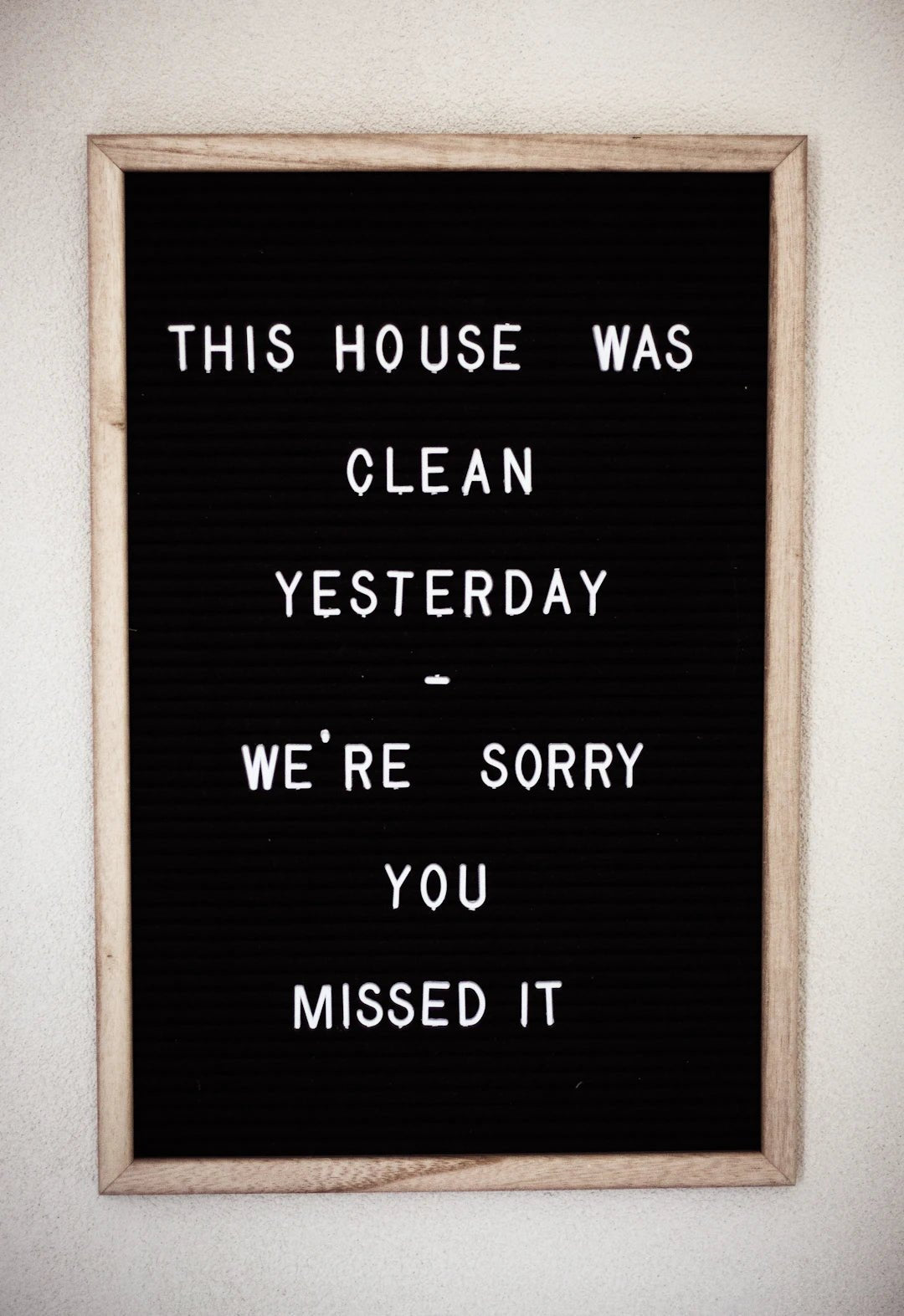Creating a cleaning schedule can seem daunting, but it is a vital step in maintaining a tidy and organized environment. Whether you have a busy household or want to keep a clutter-free workspace, organizing your cleaning tasks can save you time, reduce stress, and make your space more inviting. In this article, we’ll delve into the best strategies to develop a cleaning schedule tailored to your lifestyle and needs.
Understanding Your Cleaning Needs
Before crafting your perfect cleaning schedule, it’s essential to understand what needs to be cleaned and how often. Consider these points:
Assess Your Space
Walk through your home or workspace and take note of all areas that require regular cleaning. Common spaces include:
- Kitchens
- Bathrooms
- Living rooms
- Bedrooms
- Hallways
- Workspaces
Identify Frequency of Cleaning
Not all areas require the same frequency of cleaning. Here’s a quick breakdown:
- Daily: High traffic areas like kitchens and bathrooms often need daily tidying and cleaning.
- Weekly: Bedrooms, living rooms, and dining areas are generally cleaned weekly.
- Monthly: Deep cleaning tasks like window washing and dusting light fixtures can be done monthly.
- Seasonally: Major cleanups of garages, basements, and attics should be put on your seasonal schedule.
Creating Your Cleaning Schedule
Now that you understand your cleaning needs, it’s time to draft a personalized schedule. The key is to integrate cleaning tasks into your existing routine without overwhelming yourself.
Factor in Time
Estimate how much time you can realistically dedicate to cleaning each day. Here are some tips to help:
- Consider your daily commitments—work, family, and leisure activities).
- Set aside a few minutes each day to tackle smaller tasks, which can help in preventing larger messes.
- Use weekends or less busy days for bigger cleaning tasks.
Use a Cleaning Calendar
A visual representation of your cleaning tasks can be incredibly useful. Create a calendar that includes:
- Daily tasks (e.g., making beds, doing dishes).
- Weekly tasks (e.g., vacuuming, dusting).
- Monthly tasks (e.g., changing air filters, washing curtains).
- Seasonal tasks (e.g., decluttering storage spaces, organizing closets).
Choosing the Right Tools and Supplies
Having the right tools and supplies can make all the difference in your cleaning routine. Not only will they help to streamline the process, but they will also encourage you to stick to your schedule.
Essential Cleaning Supplies
While cleaning products will vary based on personal preference, some essentials may include:
- Multi-surface cleaners
- Microfiber cloths
- Sponges and scrub brushes
- Broom and dustpan, vacuum cleaner, and mop
- Trash bags and recycling bins
Organizing Your Supplies
Spend some time organizing your cleaning supplies. You can:
- Designate a specific space for cleaning products.
- Use caddies or baskets to keep items grouped by task.
- Label containers for easy recognition.
Incorporating Cleanup into Your Daily Routine
Integrating your cleaning schedule into your daily routine is crucial for long-term success. These strategies can help:
Set Up Routines
Establish daily and weekly cleaning routines to streamline your tasks. For instance:
- Morning routine: Make your bed, wipe down bathroom surfaces.
- Evening routine: Tidy up the kitchen, organize living areas.
- Weekly routines: Dedicate specific days to particular rooms.
Involve the Family or Household
If you live with others, don’t hesitate to delegate cleaning tasks. Assign specific chores to each person, so cleaning becomes a collective effort rather than an individual burden.
Staying Motivated and Adjusting Your Schedule
Creating a cleaning schedule is just the beginning. The key to a functional schedule is motivation and flexibility. Here are some tips to stay on track:
Track Your Progress
Consider keeping a checklist or using an app to monitor completed tasks. Marking off items not only provides satisfaction but also helps you visualize your accomplishments.
Adjust as Needed
Life happens, and sometimes your cleaning schedule may need adjustments. If you find certain tasks consistently go undone, re-evaluate their placement in your calendar. Improving your schedule should be an evolving process.
Setting Realistic Goals
While you may wish to have a pristine home or workspace, setting overly ambitious goals can lead to frustration. Focus on achievable targets, such as:
- Committing to cleaning for a specific amount of time each day.
- Focusing on one room or area at a time rather than tackling everything.
- Implementing “Power Hour” – set a timer for an hour and clean as much as you can during that time.
Finding Your Rhythm: Personalizing Your Schedule
Everyone has a unique rhythm when it comes to cleaning. Experiment with different times of day to find when you’re most productive. Some people may prefer morning cleanup sessions, while others may thrive in the evening. Customizing your cleaning schedule to fit your natural tendencies can enhance your consistency.
Consider Your Energy Levels
Your energy levels can significantly affect how well you maintain your cleaning schedule. Here are a few tips to consider:
- Plan more demanding tasks for when you typically have higher energy.
- Schedule lighter tasks for low-energy times.
Reward Yourself!
Cleaning can be a daunting challenge, especially when following a strict schedule. Don’t forget to reward yourself when you hit those milestones! Treat yourself to a favorite snack, an outing, or a cozy evening; these rewards can be excellent motivators to keep your cleaning momentum going.
Your Space, Your Way
Remember, your cleaning schedule should reflect your personal lifestyle and preferences. There’s no one-size-fits-all rule when it comes to creating a schedule that works. By assessing your space, understanding your cleaning habits, and incorporating enjoyable elements into your routine, you can create a schedule that fits seamlessly into your life. With some patience and flexibility, a peaceful and organized environment is well within your reach. Start your cleaning journey today, and watch how small changes can lead to a more manageable and stress-free home.


Share:
The Importance of Household Cleaning: A Comprehensive Guide
Natural vs. Chemical Cleaners: What You Need to Know Before You Clean